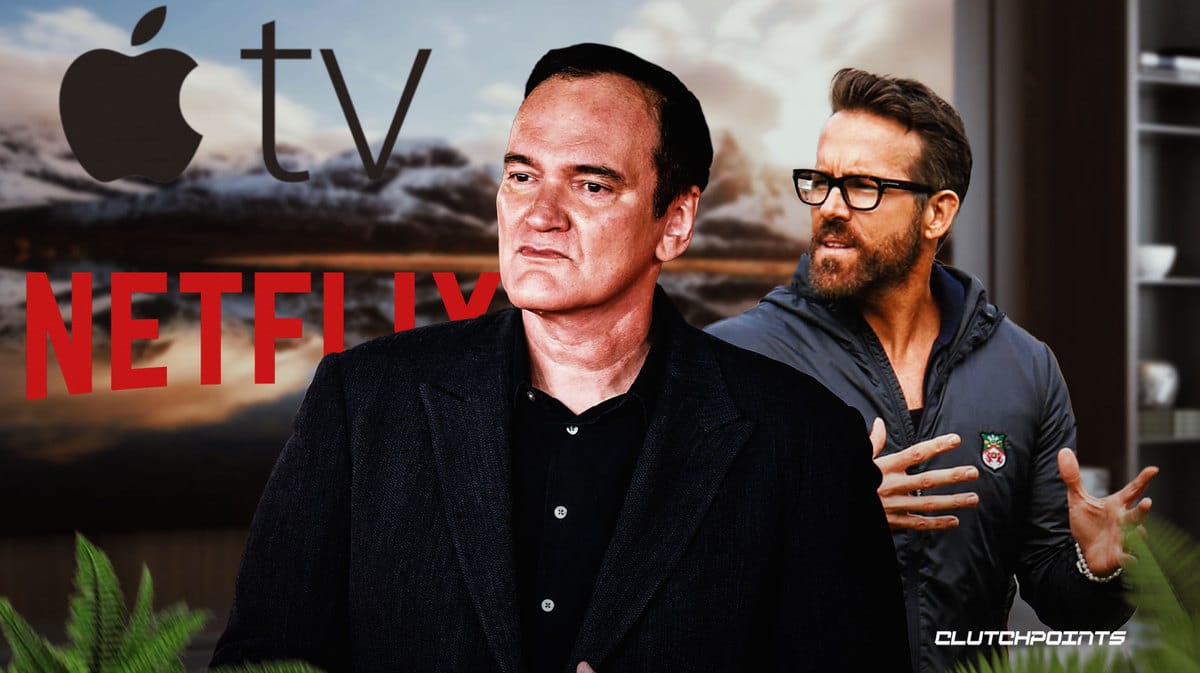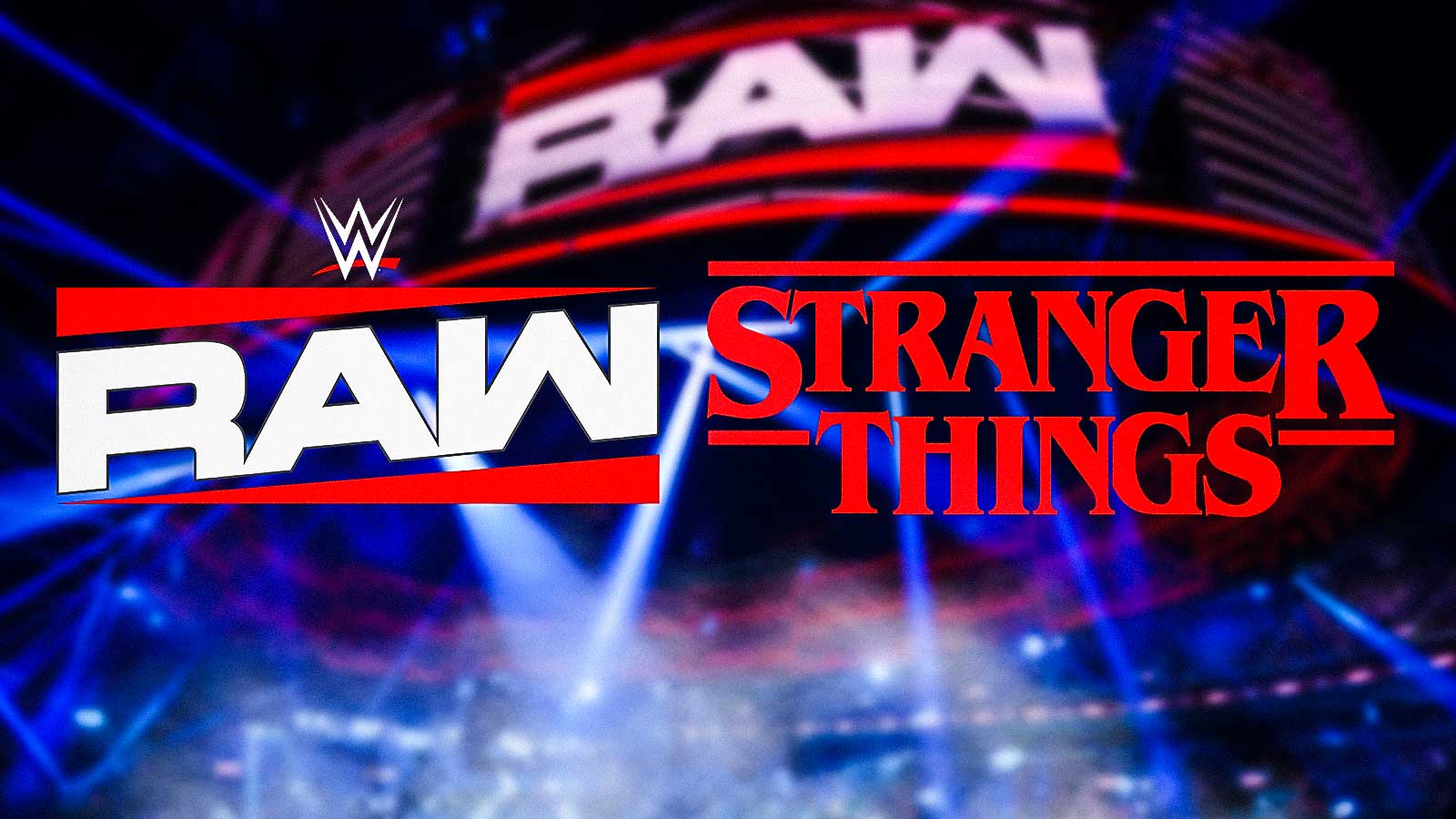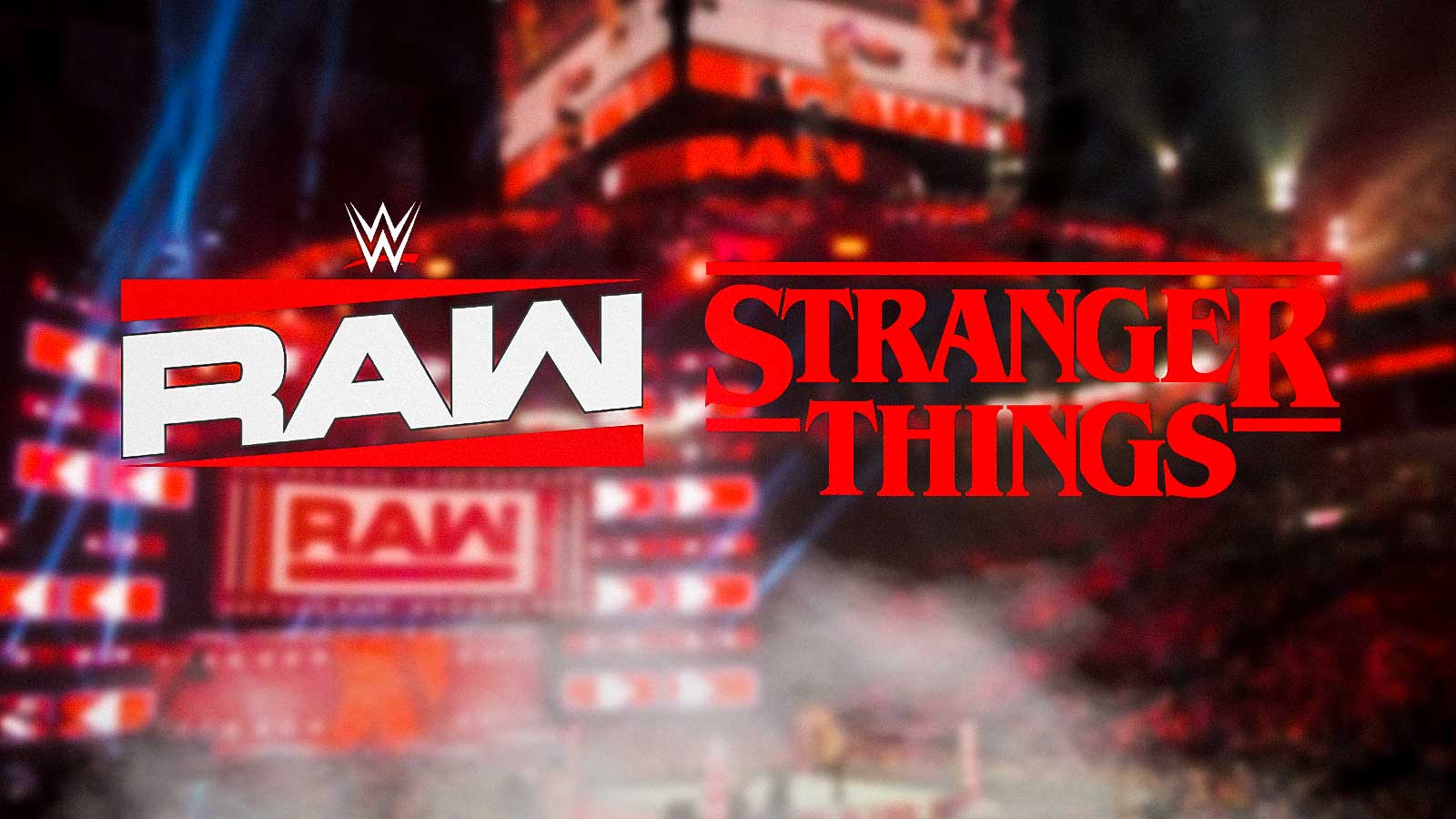Quentin Tarantino, known for his candid remarks, has taken aim at the world of big-budget streaming movies, particularly highlighting actor Ryan Reynolds' massive paychecks. In an interview with Deadline, the legendary director expressed his skepticism toward these films' success and impact, “It’s almost like they don’t even exist,” Tarantino revealed in an interview with Deadline
Quentin Tarantino questioned the cultural significance of Reynolds' movies on Netflix, stating, “I’ve never seen them. Have you?” He further emphasized that despite the hefty sums Reynolds may be earning, these films seem to lack a presence in the zeitgeist and appear almost non-existent to him.
This isn't the first time Tarantino has criticized the current state of filmmaking. He previously referred to the current landscape as the “worst in Hollywood history,” expressing his concerns about the diminishing value of motion pictures.
The acclaimed director also acknowledged that the COVID-19 pandemic had influenced the rise of streaming movies. While he recognized the impact of these changes, he couldn't help but question the nature of motion pictures in today's context, pondering whether they have become mere content showcased on streaming platforms like Apple.
Tarantino's remarks come as he prepares for his next project, “The Movie Critic,” a film he teased that revolves around a journalist with a background in adult magazines during the 1970s. Interestingly, the director hinted that his decision to step away from feature filmmaking after this project is partly driven by the transformative effects of streaming services on the industry.
Known for his distinctive style and acclaimed films such as Pulp Fiction and Kill Bill, Tarantino's critical perspective sheds light on the ongoing debates surrounding the changing landscape of cinema and the influence of streaming platforms on traditional movie-making.


















